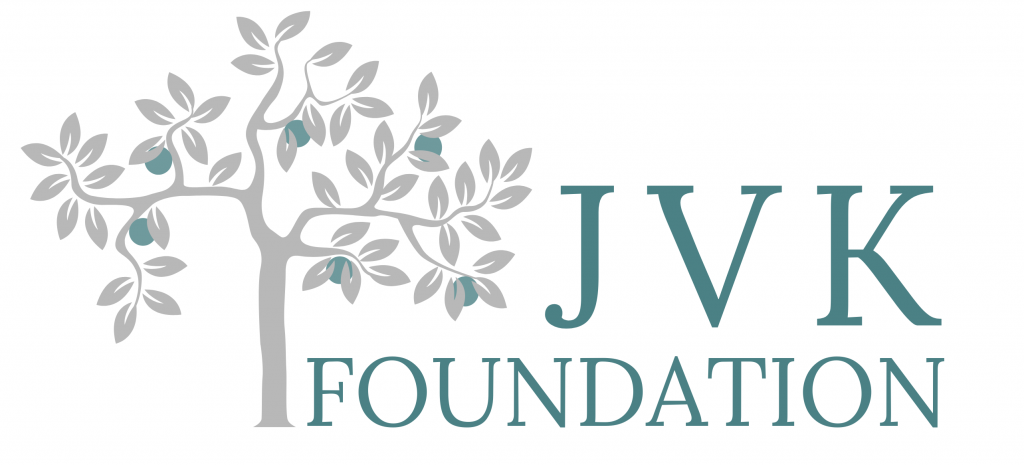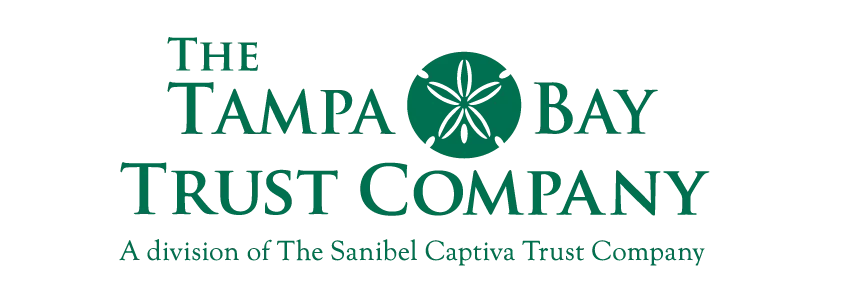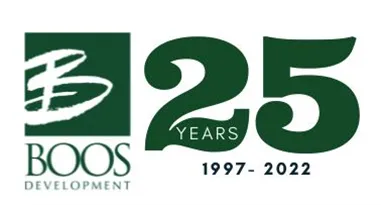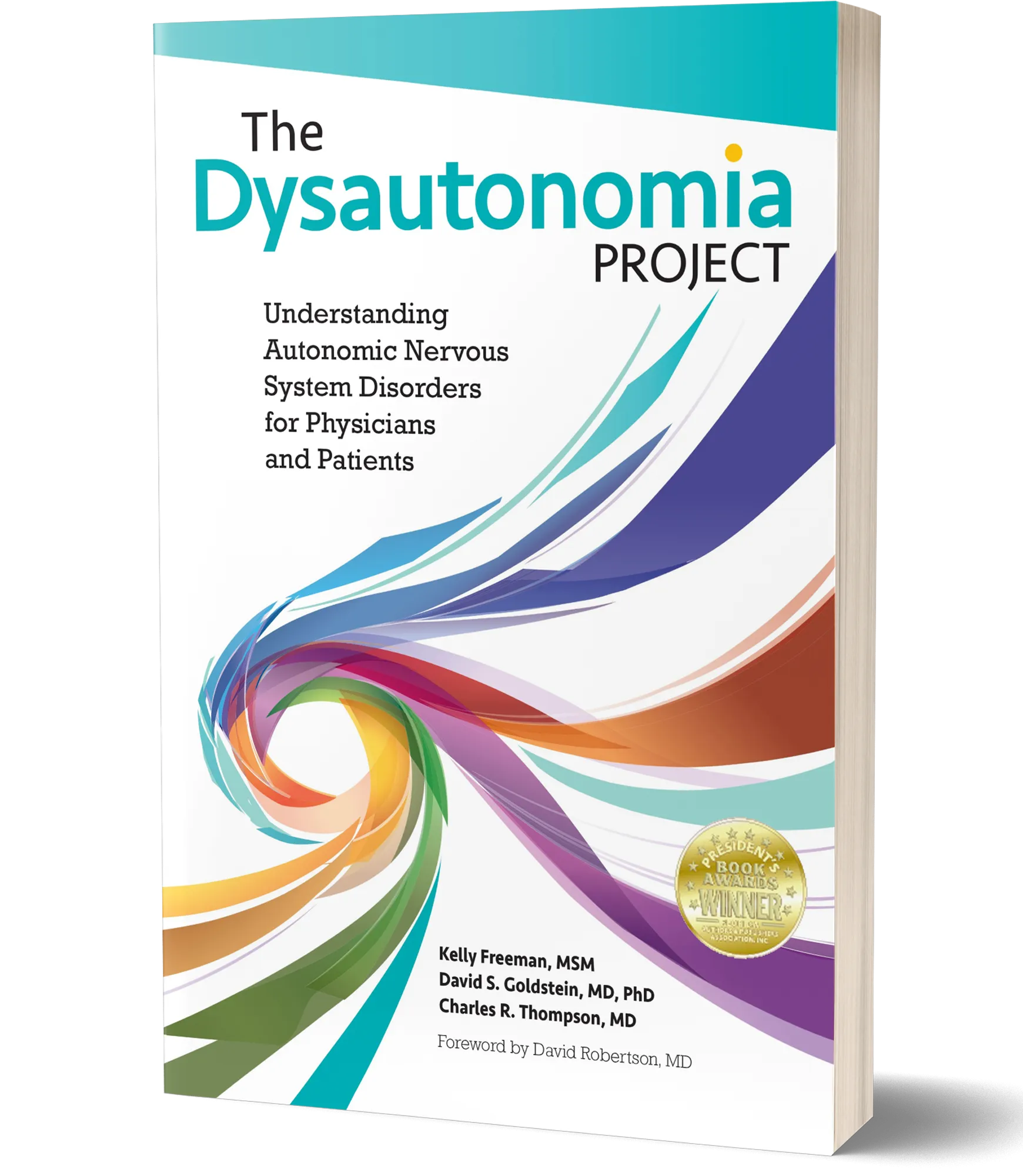Home » Managing Dysautonomias » Managing Syncope & What to Say to Patients with Satish R. Raj, MD, MSCI, FHRS, FRCPC
Managig Syncope & What to Say to Patients with Satish R. Raj, MD, MSCI, FHRS, FRPC
Video Transcipt
Mr. Al Ruechel: Is there a different distinction between each of those in terms of how you manage them?
Dr. Satish Raj: So, the answer is probably not with this exception and that is no matter what you call the vasovagal faints so whether you call it RS, whether you call it AMS the treatment is exactly the same, it is a reflex faint, phrase it however you want. Now, under the larger umbrella of neurocardiogenic syncope or what people may consider reflex syncopes you have situational syncope as well. So, for example if someone has cough syncope or there’s even a disorder of laugh syncope where if someone has a belly laugh they can faint, the treatments for that may well be different, you may want to target the underlying mechanism, you know for laugh syncope it’s probably to avoid anything really funny, right, you’re allowed the polite little giggle but if you have a belly laugh you generate so much pressure in your chest that you end up cutting off blood supply transiently and then you can pass out and have a syncope.
Mr. Ruechel: Wow, I’ve never seen anybody pass out from laughing, I’ve seen plenty of other ways but you know but it’s serious but you’re not going to die.
Dr. Raj: And ultimately, I want to be clear you know, it’s not fun to faint a lot. So, even if it’s benign even if it’s something not going to kill you it can be life altering and it can be life distressing. Some people stop driving because of this and as you know that is very difficult in our society depending on where you live.
Mr. Ruechel: What do you say to patients just you’re going to have to be, patients you’re going to have to be patient.
Dr. Raj: You sort of bring up the old Elmo song, you’ve got to be patient, to be a patient.
Mr. Ruechel: Oh, Oh my gosh somebody else was watching that.
Dr. Raj: That’s probably not where you meat to go with that.
Mr. Ruechel: No, no but I understand that.
Dr. Raj: No, but I think there are things that can help. Right so I think from patient point of view if you have one of these reflex faints, the key things are education and reassurance. And there’s actually older studies documenting that this is what patients have said they want and need. And it takes time but is simple to do if you can sit down and go through those issues. But beyond that then the question is then what can you do to prevent future episodes, and I think we take a tiered approach to that. So, the first tier of therapy is hydration. Right so a lot of the reflex faints occur when we’re standing up, what happens when we stand up is blood shifts from our chest and our heart to below our chest and our heart and less blood comes back to the heart and we think that’s one of the early actions that triggers these reflexes.
So, to try and minimize that we want to increase the blood volume, fill the tank if you will, often that involves having people drink lots of water. So, I often ask patients to drink three liters of water a day, which is a fair bit, it can be done but it takes work and a lot of these patients with reflex faints are younger, a little more women than men but effects both sexes but it tends to be younger people and tend to have a lowish blood pressure. They’re not middle or some would argue greater than middle age like I am where the blood pressure usually goes up as we age and so in this younger group we actually ask them to increase their salt intake, in fact if you ask them what they eat some people you know really have gotten the message from the American Heart Association year after year to cut back on their salt and they follow a very low sodium diet and you need, in the body, sodium to hold on to the water and so you want to drink the water and they take the salt and that helps the kidney hold onto the water and helps expand their blood volume and that may help decrease these reactions.
The other thing is when they feel like they’re going to faint often it’s because they’re going to faint and we want people to pay attention to those symptoms and not ignore it. So, some people have the sense that they want to fight through it, and usually those are the people that faint, when they feel like they are going to faint, if they can get down on the ground and lie down then the blood comes back to the heart and it reverses the reflex that’s triggered stops and everything reverses in several minutes. So, it’s getting them to pay attention, recognizing the symptoms, paying attention and getting down if they can and that prevents injury if nothing else. That’s the other concern, if you faint in an uncontrolled way you can hurt yourself. And then there are drugs that can be used, but the truth is that 90% of patients that we see, that I see, I don’t put on any drugs, I treat with the nonpharmacological approaches and with education. There are some people that faint a lot. 40% the population will faint at least once in their life, half will faint twice, they probably don’t need drugs, but there are people that faint you know a dozen times, maybe a dozen times a year where it’s burdensome enough that they want to try drugs that’s one of the things we’re working on is trying to develop drugs that are effective. There aren’t really drugs that are widely effective as there are for other forms of heart disease but if someone is having a lot of problems then that might be an option. But what people need to know is that’s usually not the correct option, the correct option is usually nonpharmacological approaches and just having the patient understand what’s happening to them so they can take corrective action. They are the best judge of when they are going to faint, they know what it feels like, I don’t and if they recognize it, they can protect themselves.
Mr. Ruechel: Well, that’s what these videos are all about, is educating people that they know how to control their lives and take back some of the areas of their lives that they lost before. Doctor Raj thank you; you’ve been very very helpful I appreciate all your time.
Dr. Raj: Thank you for having me.
Visit our Education Center for Autonomic Disorders for additional video resources for patients and providers
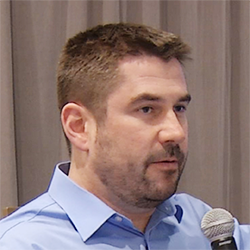
Wolfgang Singer, MD
Associate Professor of Neurology
Mayo Clinic Rochester, MN


